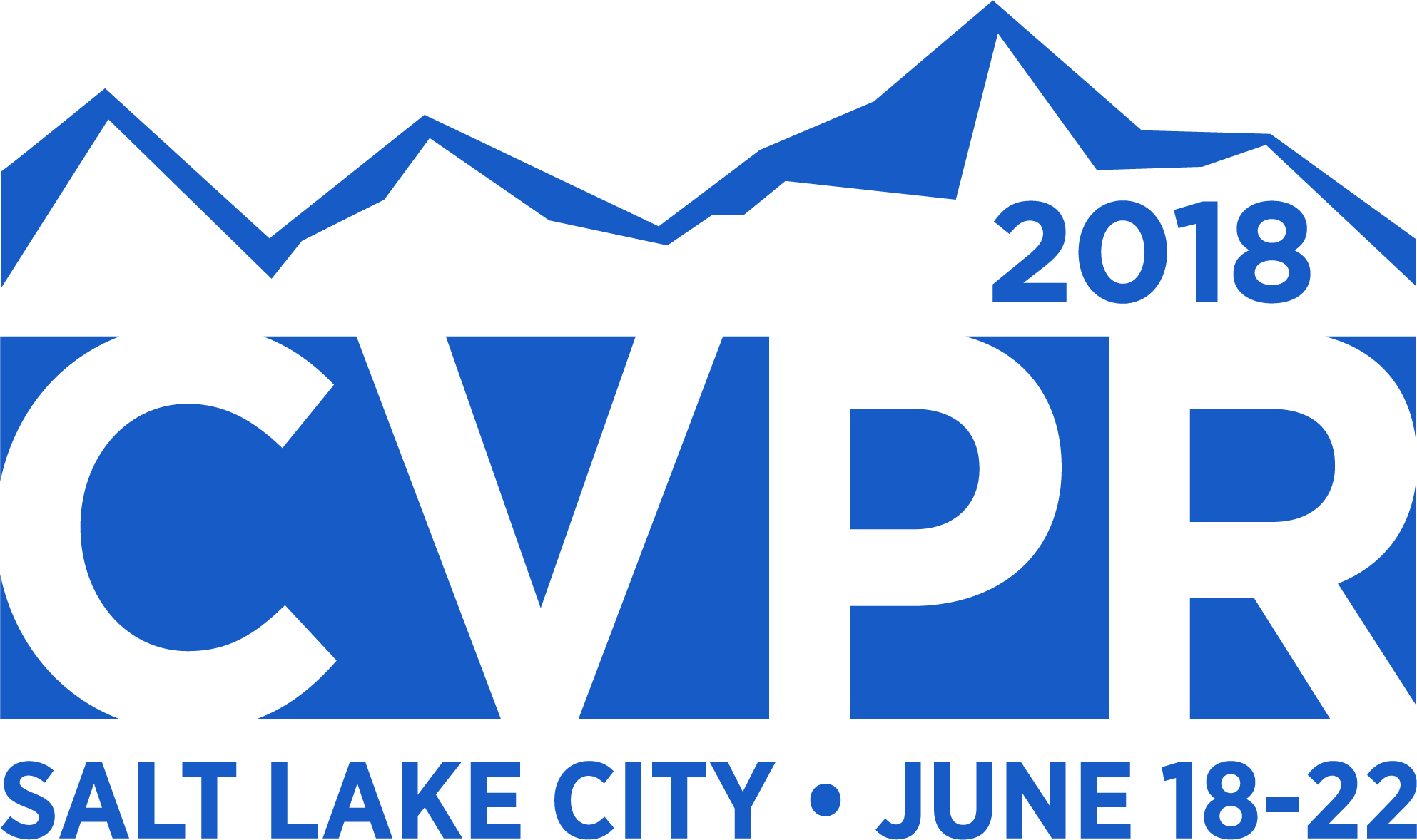-
Stochastic Variational Inference With Gradient Linearization
AbstractVariational inference has experienced a recent surge in popularity owing to stochastic approaches, which have yielded practical tools for a wide range of model classes. A key benefit is that stochastic variational inference obviates the tedious process of deriving analytical expressions for closed-form variable updates. Instead, one simply needs to derive the gradient of the log-posterior, which is often much easier. Yet for certain model classes, the log-posterior itself is difficult to optimize using standard gradient techniques. One such example are random field models, where optimization based on gradient linearization has proven popular, since it speeds up convergence significantly and can avoid poor local optima. In this paper we propose stochastic variational inference with gradient linearization (SVIGL). It is similarly convenient as standard stochastic variational inference - all that is required is a local linearization of the energy gradient. Its benefit over stochastic variational inference with conventional gradient methods is a clear improvement in convergence speed, while yielding comparable or even better variational approximations in terms of KL divergence. We demonstrate the benefits of SVIGL in three applications: Optical flow estimation, Poisson-Gaussian denoising, and 3D surface reconstruction.
Related Material
[pdf] [supp] [arXiv][bibtex]@InProceedings{Plötz_2018_CVPR,
author = {Plötz, Tobias and Wannenwetsch, Anne S. and Roth, Stefan},
title = {Stochastic Variational Inference With Gradient Linearization},
booktitle = {Proceedings of the IEEE Conference on Computer Vision and Pattern Recognition (CVPR)},
month = {June},
year = {2018}
}
These CVPR 2018 papers are the Open Access versions, provided by the Computer Vision Foundation.
Except for the watermark, they are identical to the accepted versions; the final published version of the proceedings is available on IEEE Xplore.
Except for the watermark, they are identical to the accepted versions; the final published version of the proceedings is available on IEEE Xplore.
This material is presented to ensure timely dissemination of scholarly and technical work.
Copyright and all rights therein are retained by authors or by other copyright holders.
All persons copying this information are expected to adhere to the terms and constraints invoked by each author's copyright.

